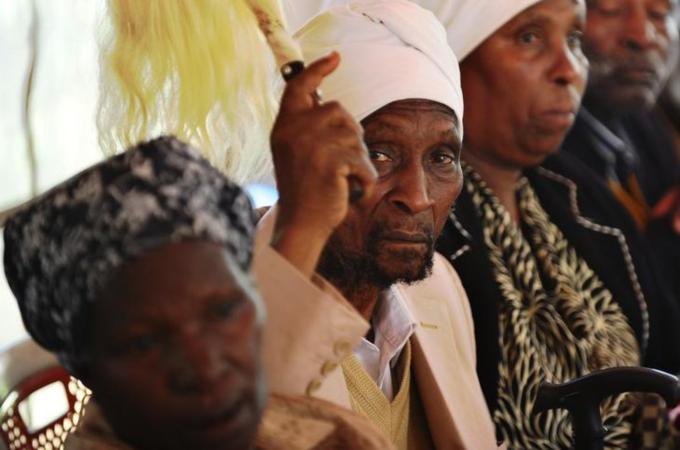
Mau Mau to Midnapore: A jittery UK government reveals itself before potential claims of former victims of the empire’s brutality
In August 1995 I wrote an article in The Spectator in Britain which the magazine titled “Enough Guilt for Everyone”, with the tagline: “The British demand apologies for Japanese atrocities, but never examine their own misconduct in Asia.”
I had been driven to write the article by the avalanche of media coverage that year in the United Kingdom about the fiftieth anniversary of the end of the Second World War, which endlessly claimed that Britain had been fighting for freedom and democracy during that war, and that the Allied victory was nothing short of the triumph of good over evil.
But the fact that a country which held a quarter of the world’s population in colonial subjugation could not possibly be fighting for the principles of “freedom and democracy” eluded most British commentators, who seemed high on a rush of patriotic fervour. It was unclear why so many in the UK were still clinging to this level of hypocrisy, which was both absurd and unnecessary.

Will Pakistan Exist in 2050? Will India?
Amidst a depressing assessment of the ruin wrought by Pakistan’s floods, The Economist nevertheless pronounced a vote of confidence in the country’s survival: “Pakistan is not about to collapse: a prospect first aired at its bloody creation and dusted off for every war, coup and calamity that has followed.” (Leader, 18-24 September 2010). Indeed, India, now much feted as an “emerging power” had also been written off by many at its amputated start. So had Bangladesh when it came into being in 1971, famously dismissed by Henry Kissinger as a “basket case”. All three have managed to survive endless conflict, poor governance and natural disasters, and some of their citizens have notched up world-class achievements in a variety of fields, …









